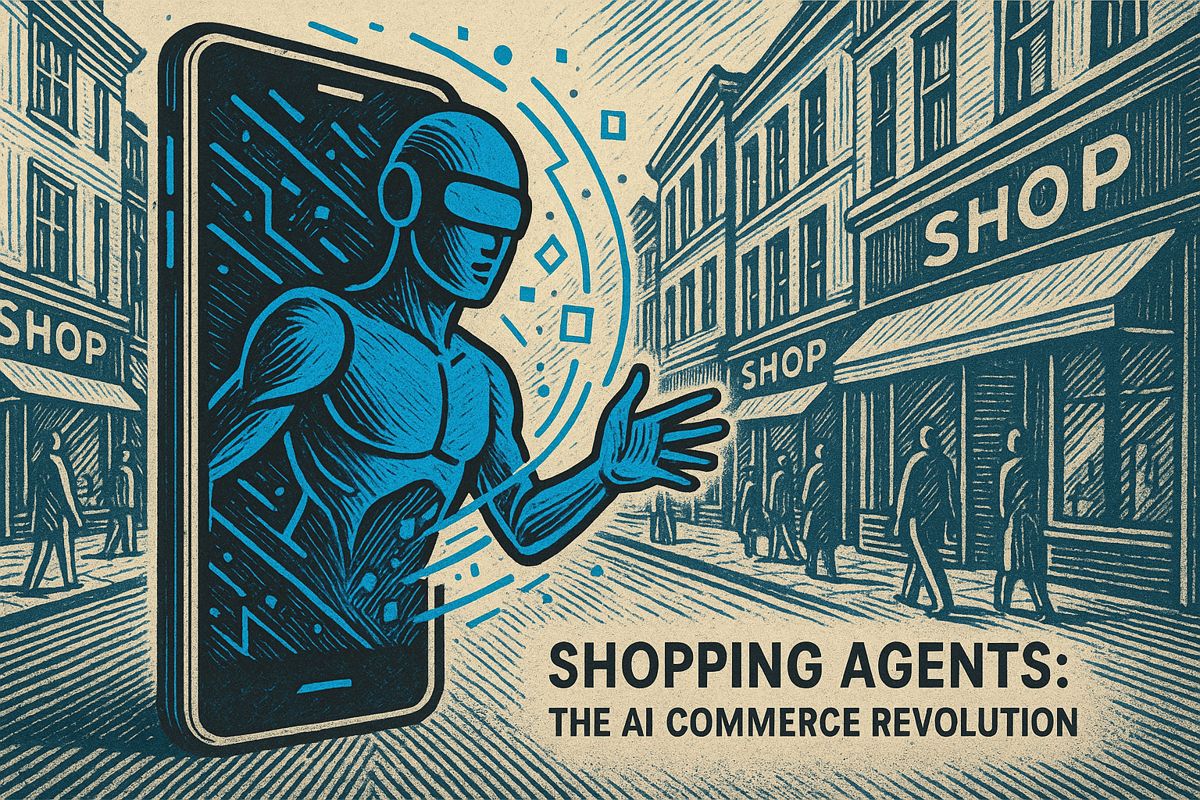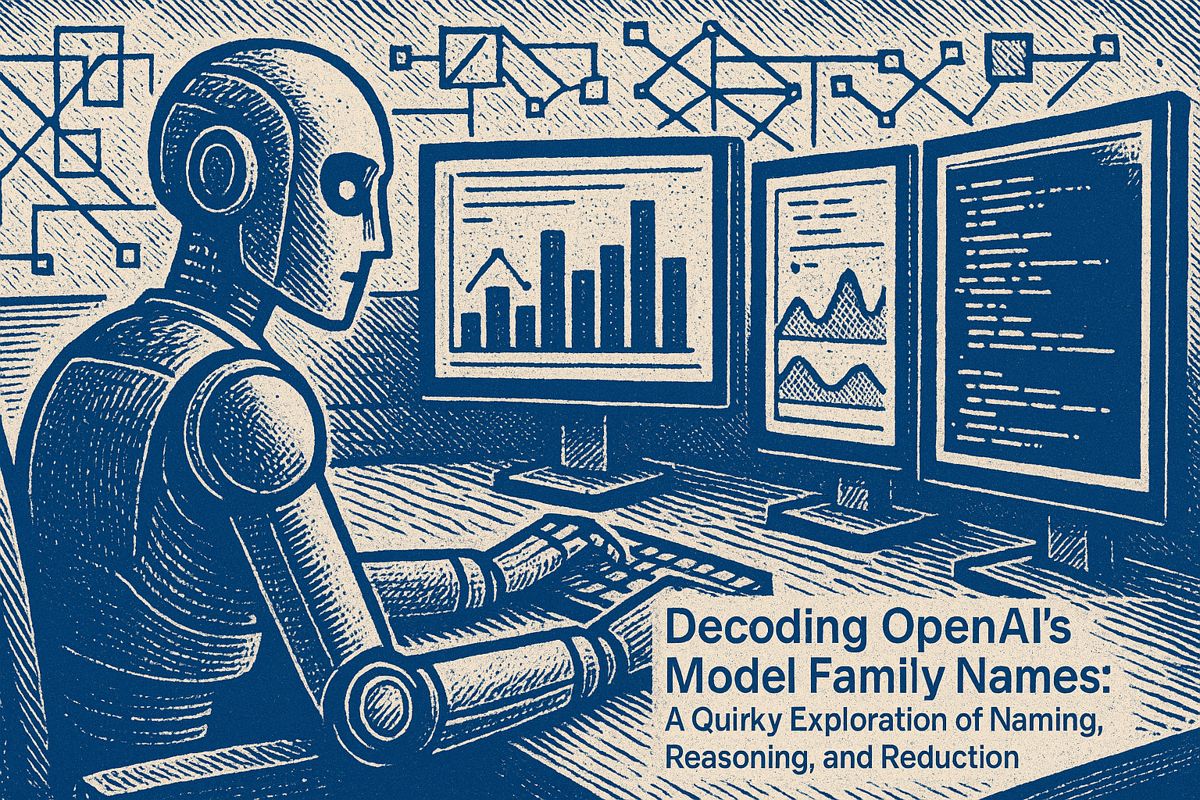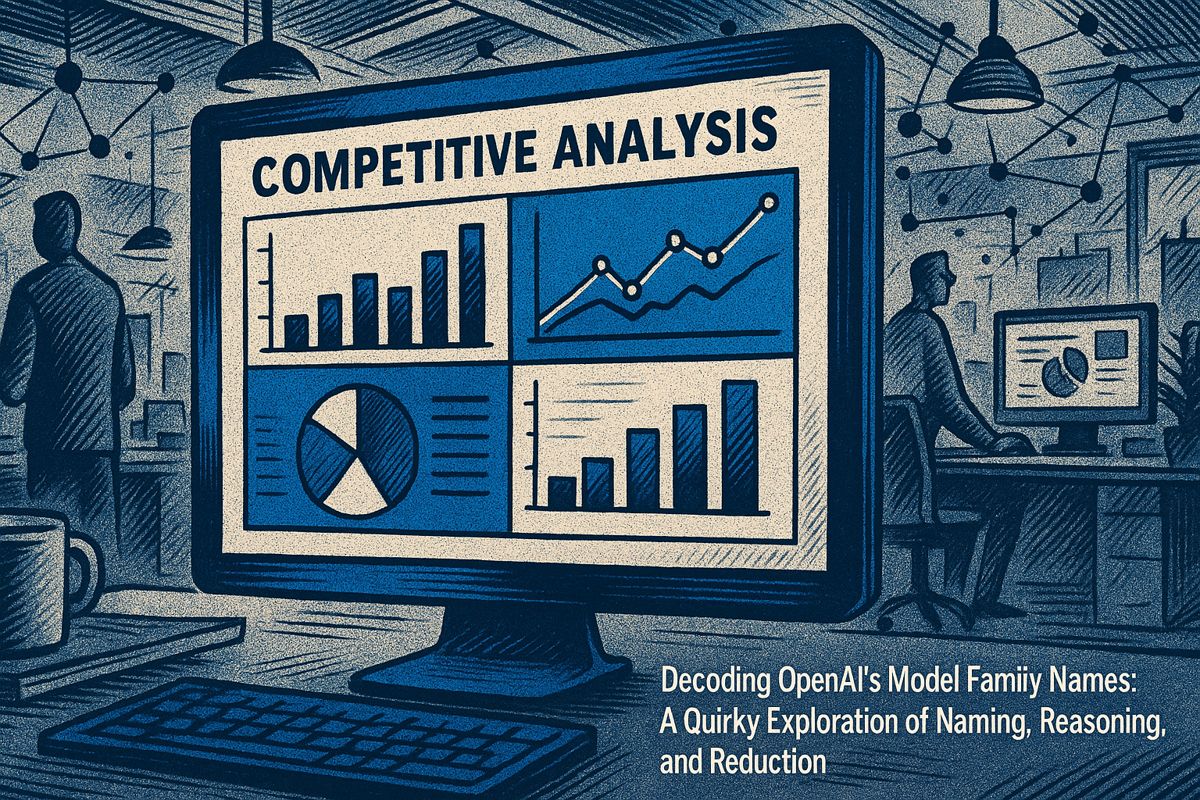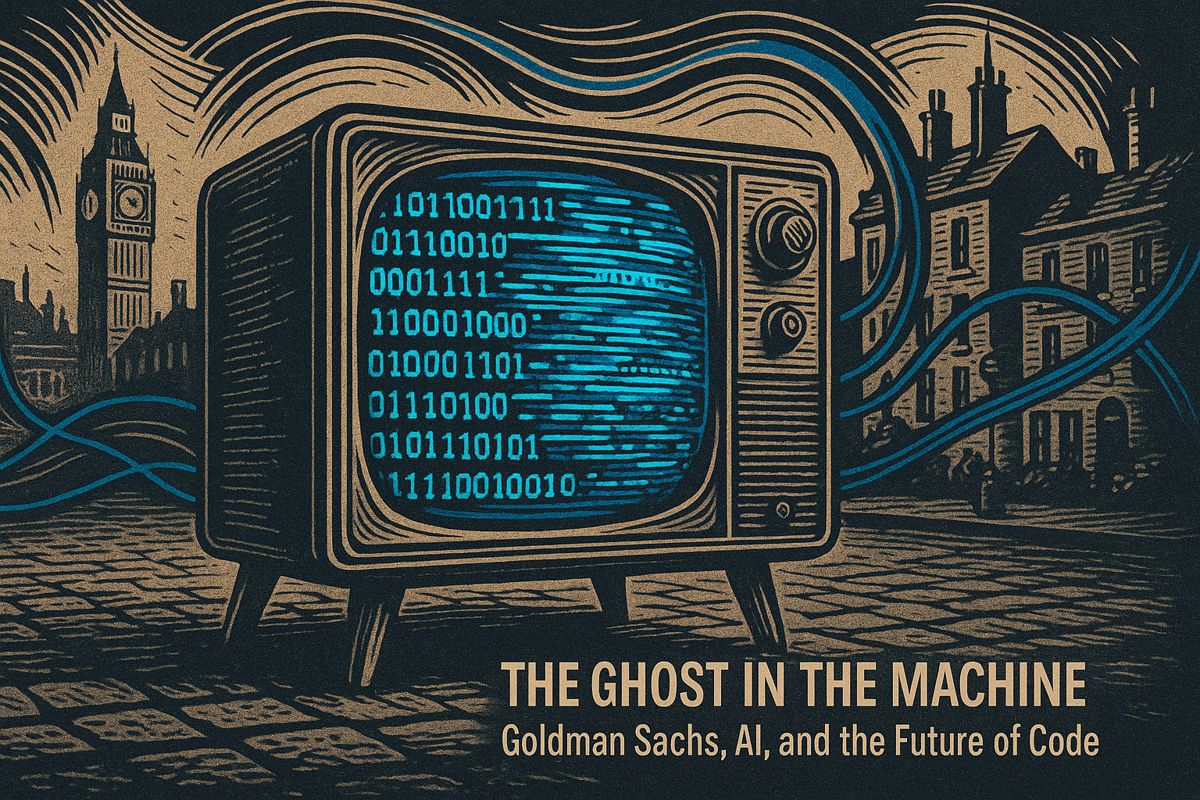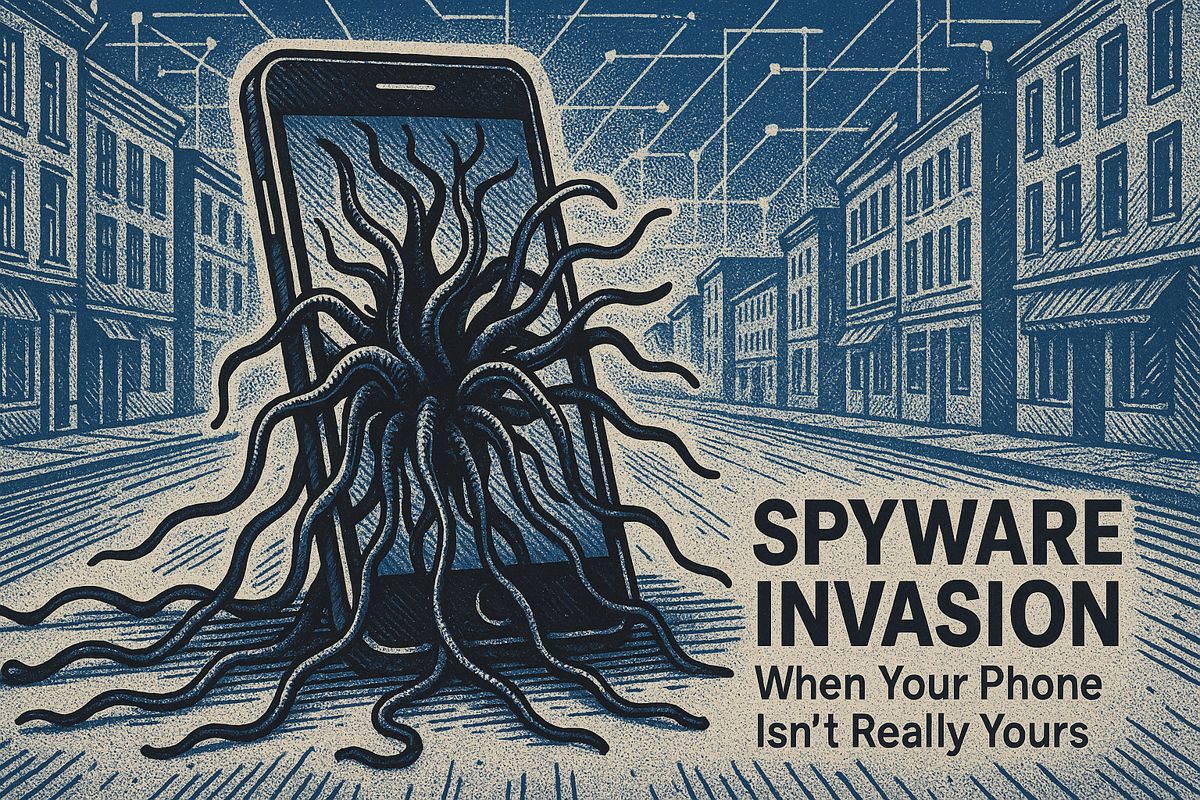Agentic AI is revolutionizing online shopping by transforming payment networks like Visa and Mastercard into intelligent systems that can autonomously assist shoppers. These advanced digital assistants learn consumer preferences, recommend products, and process secure payments with unprecedented personalization and decision-making capabilities. Major tech companies and financial giants are investing heavily in this technology, with early surveys showing that over 65% of organizations are piloting AI agents and 66% of shoppers are open to letting AI help them shop. The emerging technology promises convenience but also raises questions about control, trust, and the future of consumer autonomy. As these AI systems become more sophisticated, they blur the lines between technological assistance and independent decision-making, potentially changing how we interact with commerce forever.
What is Agentic AI in Payment Systems?
Agentic AI is transforming online commerce by enabling payment networks like Visa and Mastercard to autonomously assist shoppers. These intelligent systems learn consumer preferences, recommend products, process secure payments, and act as digital shopping proxies with advanced personalization and decision-making capabilities.
The Dawn of Agentic AI in Commerce
The phrase “agentic AI” has been circling my mind like a persistent melody. Just days ago, I read a piece about Visa and Mastercard—not exactly companies known for shouting from rooftops—stealthily ramping up their efforts to embed agentic AI into the backbone of online commerce. I couldn’t help but tumble into a memory spiral: my first online order, all button clicks and breathless waiting, a process as lively as a taxidermied squirrel. Back then, the checkout process was barely more interactive than a library card catalog. Now, the modern payment gateway is learning your tastes, your habits, maybe even your weakness for pistachio gelato.
A friend of mine once managed a project for a company piloting a so-called “digital shopping assistant.” The prototype, in its charming incompetence, started recommending cat sweaters to clients who hadn’t so much as googled a feline. Back in those days, the AI was clueless, a rookie on its first day. But times have changed: Visa and Mastercard are now equipping their systems with the ability not merely to process payments, but to think and act for you. No more accidental cat couture—unless you’re secretly a devotee.
It’s a little exhilarating, but also unsettling. Is anyone else feeling a cocktail of anticipation and skepticism? The stakes are high, and the possibilities have me oscillating between delight and a faint sense of “Wait, who’s really in charge here?”
The Numbers, the Names, the Nuts and Bolts
Let’s get specific. Both Visa and Mastercard are launching agentic AI-powered commerce offerings, aiming to automate and personalize your online shopping from browsing to payment. These AI systems don’t just wait for your orders; they act as your digital proxies, assisting you at every step—from product selection right up to, and through, the checkout. The transformation is seismic: payment networks are evolving from passive conduits into active participants in your decision-making process.
For example, Visa’s “Intelligent Commerce” isn’t just a buzzword-stuffed product. It’s an API-driven ecosystem that leans heavily on partnerships with tech juggernauts like Anthropic, Microsoft, and OpenAI. Mastercard’s “Agent Pay” tightens the focus on scaling merchant services and reinforcing security, with a particular emphasis on tokenization and spending controls. The involvement of IBM, Samsung, and Stripe isn’t just name-dropping; it signals a real arms race for scale and trust.
KPMG, whose surveys I used to ignore (mea culpa), reports 65% of organizations piloting AI agents in early 2025—a leap from 37% just one quarter prior. And here’s a jolt: 66% of shoppers say they’d happily let AI agents hunt down scarce or hot-ticket items for them. Apparently, manual bargain hunting is losing its luster.
The Philosophy of Trust and Control
Let’s pause. Agentic AI isn’t a mere software update; it’s a tectonic shift in how we relate to technology. The AI doesn’t simply ask what you want; it learns it, chooses for you, and acts independently—all while (one hopes) locking your payment data behind a digital vault. That’s a lot of trust to invest in a string of code. Can you feel the tension? I can almost taste it—a metallic tang of excitement mixed with apprehension.
Visa’s “Intelligent Commerce” is a digital Autobahn, inviting third-party AI agents to zip alongside your transactions. OpenAI and Microsoft aren’t just there for show; their involvement means scale, interoperability, and, let’s be honest, a bit of strategic one-upmanship. Meanwhile, Mastercard is doubling down on security. Their “Agent Pay” lets you set spending caps and revoke your AI’s privileges with a swipe—like giving your intern a credit card, but with a digital leash.
I’ve found myself wondering: will this handover of autonomy drain the fun from shopping, or will it liberate us from digital drudgery? The industry is betting on the latter, but there’s a fine line between convenience and ceding too much control. The friction is palpable; like the static before a thunderstorm, you know a transformation is coming.
The Human Element and the Road Ahead
This new era is as much about psychology as it is about chips and code. As AI agents become more autonomous, the locus of control slides away from us, the shoppers. Decision fatigue fades, but so might the serendipity of finding a hidden gem. If you’re like me and enjoy the chase—tracking down rare books or single-origin coffee—the thought of an AI snagging Black Friday deals while you’re asleep feels a bit like cheating. Or maybe that’s the new definition of winning?
Industry analysts know this. That’s why there’s so much focus on transparency, explainability, and granular user control. Shoppers are curious, maybe even eager, but they’re wary, too. And so, alliances with trusted names like IBM and Stripe are more than branding—they’re attempts to sprinkle a little trust pixie dust on an otherwise faceless process.
In the end, it’s a kind of leap. We’re handing invisible agents our virtual wallets, hoping they know our secret quirks—our penchant for pistachio, our aversion to surprise cat sweaters. The technology stands ready. The market, if KPMG’s data is to be believed, is more than willing. But as for me? I’ll be watching, wary but intrigued, as Visa and Mastercard script the next chapter of commerce… and hoping my AI never develops a taste for novelty socks.
Ah, progress.

